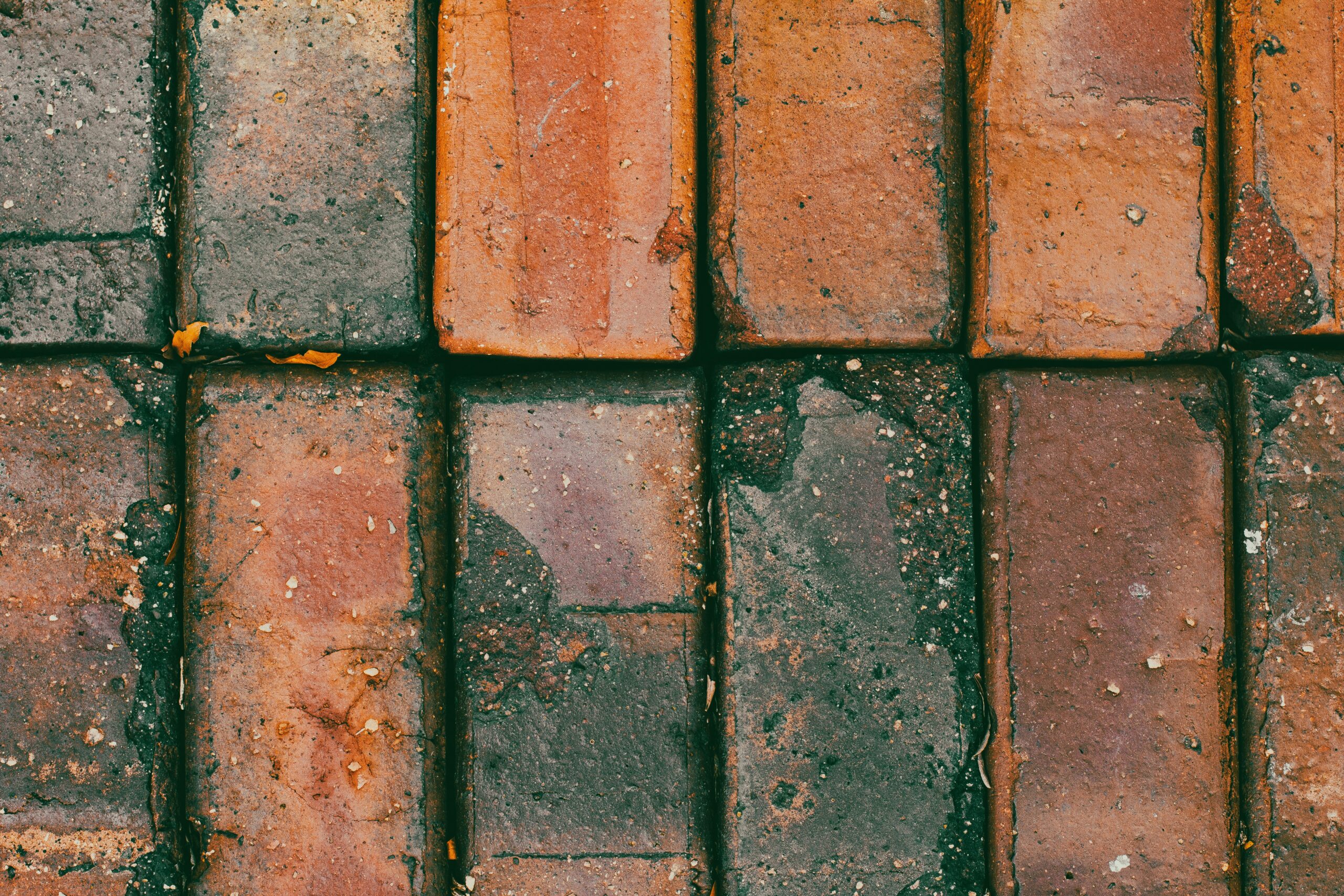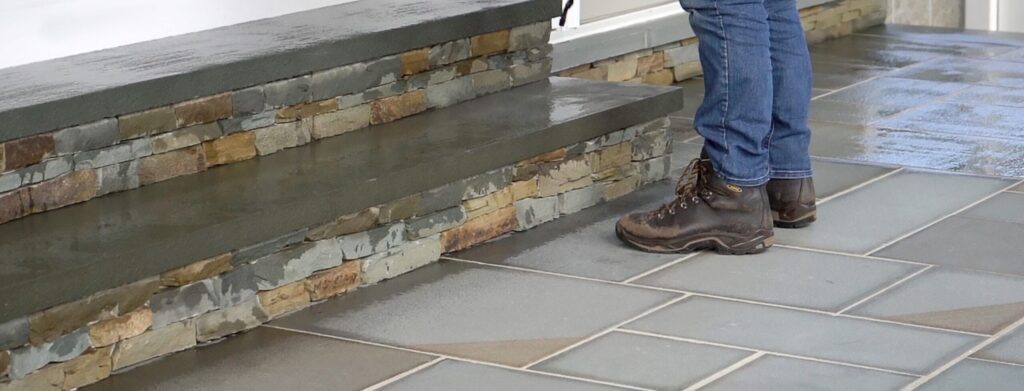Become an Installer

Many people are confused about the difference between a waterproofer and a sealer. Both play crucial roles in protecting surfaces. This article will clarify their differences, purposes, and when to use each.
Understanding the Difference Between Waterproofer and Sealer
Waterproofers and sealers serve different roles in protecting surfaces. A waterproofer blocks moisture from penetrating materials, while a sealer creates a protective layer that can enhance appearance and prevent damage.
In short, a waterproofer is for full protection against water infiltration, while a sealer is for reducing moisture absorption and maintaining surface appearance.
Purpose and function of a waterproofer
A waterproofer creates a barrier to prevent moisture from seeping into surfaces. It protects materials like concrete, masonry, and wood from water damage. Water damage can weaken structures and lead to costly repairs. By using waterproofing products, you ensure that interiors and exteriors stay dry during wet conditions.
This treatment often repels water while allowing some breathability in the material. Breathable products help maintain structural integrity by letting trapped moisture escape. A good waterproofer serves as an essential shield against weather-related wear and tear.
Purpose and function of a sealer
Sealants protect surfaces from moisture and weathering. They create a barrier that keeps water out, making them ideal for various materials like concrete, wood, and masonry. Sealers can be film-forming or penetrating and sit on the surface to create a protective coat. Penetrating sealants soak into the material, providing deeper protection.
Sealers also enhance appearance. They can bring out colors in masonry or add a glossy finish to wooden decks. In areas with high humidity or frequent rain, using a sealer is essential for maintaining integrity and beauty of surfaces. Proper application ensures optimal performance against moisture damage and prolongs the life of structures and materials alike.
What to Consider When Choosing Between a Waterproofer and Sealer
When selecting between a waterproofer and a sealer, think about the material you need to protect. Also, consider where you will apply it and how much moisture exposure the area will face.
Type of material to be protected (concrete, masonry, wood, etc.)
Choosing the right product is key to effective protection. The surface protector you use must be suited to the material you’re working with. Each type of material needs special attention to ensure long-lasting durability and appearance.
Concrete, masonry, and wood all need different types of protection. Concrete requires a strong waterproofer to keep moisture out, masonry works best with a penetrating sealer that protects against weathering but still allows the material to breathe, and wood needs a specific repellent to prevent rot and damage from water exposure.

Location and conditions of application (interior, exterior, potential water exposure)
Location is important when deciding between a waterproofer and a sealer. Interior spaces may only need a moisture-resistant coating, while outdoor areas face more exposure to water and may need stronger protection. For concrete surfaces, it’s best to use a water repellent designed for outdoor conditions.
Wood also needs protection from moisture, but it usually doesn’t require as heavy a treatment. Areas with high humidity need stronger sealers, and a chimney that is at risk of water damage will benefit from waterproofing.
Keep in mind that each material has different needs depending on where it is and the conditions around it. This will help you choose the right product for the job.
Conclusion
In conclusion, understanding the difference between a waterproofer and a sealer is crucial for selecting the right product for your needs. While a waterproofer offers complete moisture protection, a sealer helps maintain the surface’s appearance and provides a level of protection against moisture and weathering. When making your decision, always consider the material you are protecting, its location, and the amount of exposure to moisture it will face.
For those seeking an advanced, long-lasting solution, PolyTECT™ by Optus Resin is an excellent choice. PolyTECT™ is a powerful sealant that provides invisible protection for various surfaces, such as concrete, stone, and pavers. It repels water, oils, and other contaminants, helping to maintain the beauty and integrity of your surfaces while reducing maintenance costs. Whether you need to protect your driveway, patio, or outdoor stone features, PolyTECT™ ensures that your surfaces stay pristine and well-protected for years to come.

